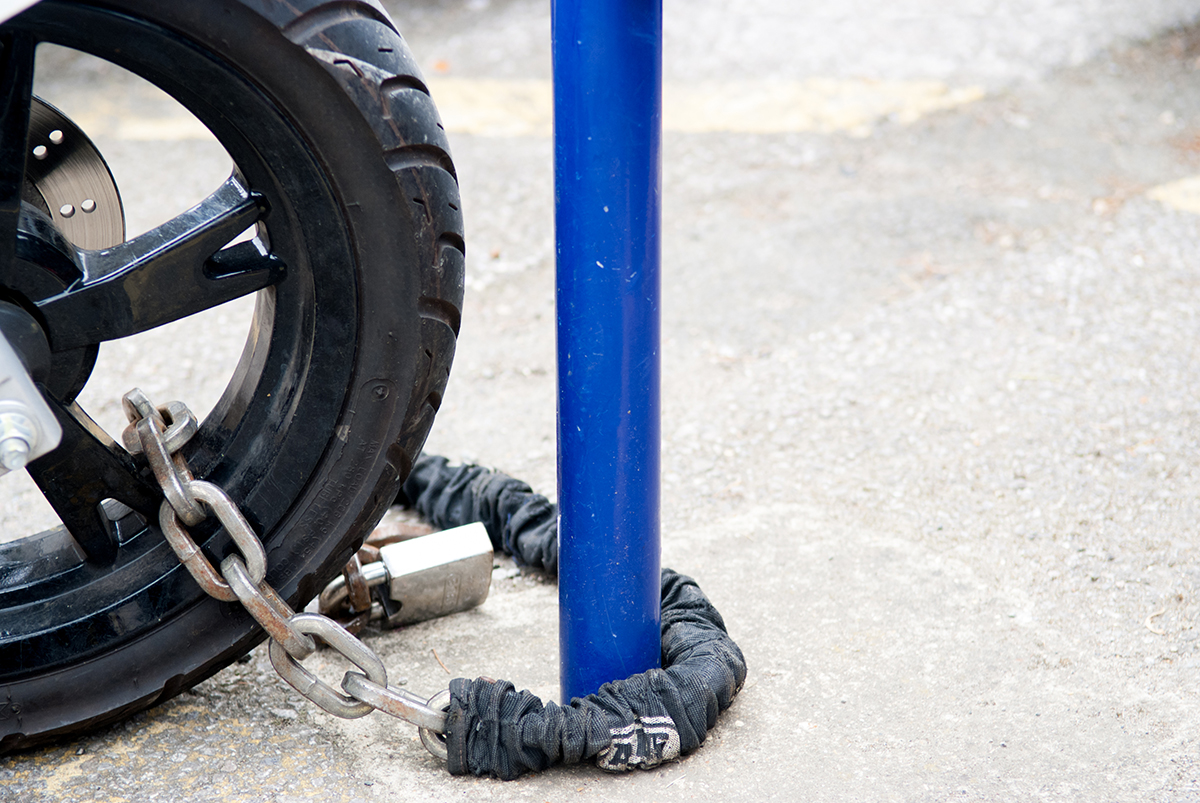For many of us, hearing loss is just one of those things we have to learn to live with as we age — even with proper treatment.
For others, being deaf or hard-of-hearing was always a part of life.
Whatever your case may be, there was likely an adjustment period for you and your family. But, chances are, you adapted and learned to take it in stride.
However, learning to live with hearing issues and staying safe with them are two very different things.
If you’re hard-of-hearing, you might not hear your name being called, which is fine in most situations.
But during emergencies, hearing loss can be life-threatening. For example, you might not hear a fire alarm, a car horn while you’re driving, or any emergency signal.
Part of staying safe is being aware of your surroundings. But when you’re hard of hearing, that’s easier said than done.
So, if you’re deaf or hard-of-hearing and you’re wondering what to look out for, keep reading! We’ll explain the dangers of hearing loss, and what you can do to stay safe and healthy.
Everyday Obstacles
If you’re new to hearing loss, everyday tasks and chores that you’d normally complete without a second thought can become a lot more challenging — and even dangerous in certain situations.
It’s frustrating to think simple tasks like walking your dog or taking the trash out could be unsafe. Still, accepting these changes and adjusting to them will make living with hearing problems a whole lot safer.
Here are a few things to look out for:
Taking a Walk
Going for a walk around the neighborhood or around town is a great way to relax and get some exercise.
But with hearing loss, you’ll need to be on your toes. The risk of walking near busy streets is only increased by hearing problems.
Outdoor Chores
Whether it’s getting some yard work done, taking the trash out, or just enjoying your home’s outdoor space, you’ll need to be aware of your surroundings.
If you’re taking out the trash cans, look out for passing vehicles. And if you’re working in the yard, be sure someone can contact you if there’s an emergency because you might not hear them.
Driving
As you probably know, driving is one of the biggest concerns associated with hearing loss.
Without the ability to hear clearly and consistently, driving your car for any distance can be extremely dangerous.
Hearing issues aside, other drivers won’t look out for you on the road. So, if you need to go out, keep your wits about you.
Home Emergencies
You should feel safe and comfortable at home, but that doesn’t mean the dangers of hearing loss go away.
In fact, they could be even greater because you don’t have your guard up, and you could be caught without your hearing aids.
For example, there could be a fire that you’re not immediately aware of, or an intruder that you can’t hear making their way into your home.
Luckily, there are ways to make sure you’re alerted in the event of emergencies like these.
If you’ve ever seen an alarm go off in a commercial building, you probably noticed that they have bright flashing lights accompanying the siren sounds.
Well, you can purchase smoke, carbon monoxide, and motion detectors that come equipped with similar flashing lights for your home. That way, you’ll be alerted if anything goes wrong.
But these aren’t the only safety measures available to the hearing impaired…
Protect Yourself and Your Home With the Rescu App
The truth is, we’ve only mentioned a fraction of the obstacles you could run into while living with hearing loss.
You can treat it and stay aware of your surroundings in your daily life, but there’s only so much you can do.
Even if you feel prepared, you can’t expect the unexpected…
And that’s where the Rescu App comes in.
Rescu can give you peace of mind — the freedom to live how you want to, even with hearing problems.
In just two taps, you can dispatch police, fire, and EMS to your door within minutes. It’s easy to set up, use, and available to help 24/7.
Faster, Safer, Easier
So, you’re probably wondering…
Why wouldn’t I just call 911?
Well, calling 911 takes far more time than it should. Your call will be queued, the dispatcher will have to confirm your location, and then they’ll contact local authorities to assist you.
The result is an average response time of eight minutes if you’re in an urban location, and fourteen in a rural area.
Rescu, on the other hand, takes all that away.
When you set up your account, you’ll input your home address, eliminating the need to spend time explaining your location when you have an emergency at home.
After sending an alert, you’ll immediately connect with a private, U.L.-certified dispatcher who will work directly with emergency services in your area.
And with Rescu’s GPS-based subscription (coming soon), you’ll have emergency services in the palm of your hand, wherever you go in the United States.
Living with hearing loss can be a challenge, but you don’t have to go it alone.
Get the emergency assistance and peace of mind you need with the Rescu app.
At just $7 per month, staying safe has never been easier. Click below to download the Rescu App, and keep an eye out for our upcoming GPS-based subscription!





